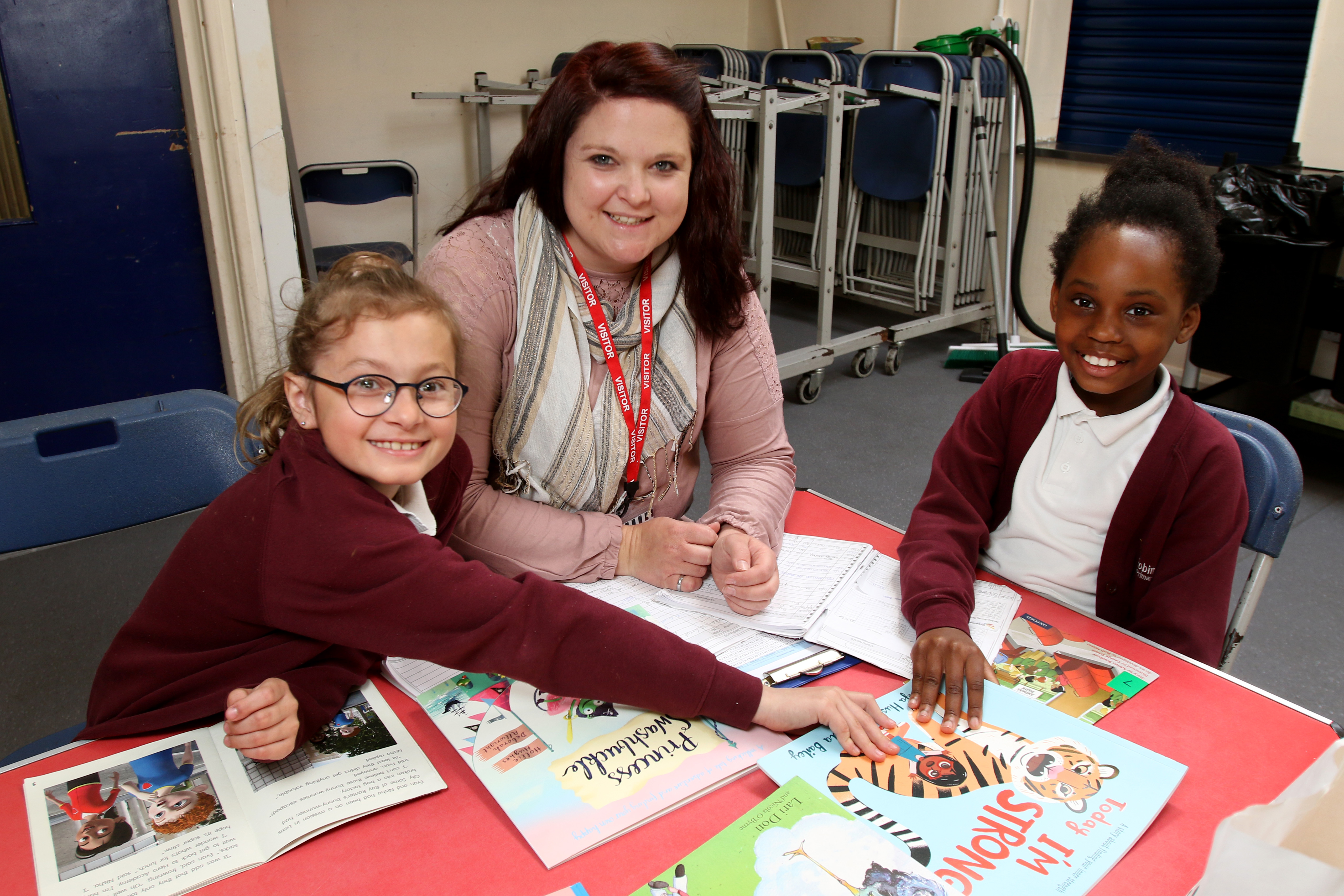Story
Children who are unable to read properly at 7 never really catch up. These children do less well at school, have reduced employment choices and earning opportunities and a greater chance of going to prison. And research shows that adults who can read for pleasure are generally happier overall.
Every year 200,000 children will leave primary school unable to read well
1 in 4 five years olds struggle with basic vocabulary
96% of primary school teachers are concerned about pupil’s speech and language
Children who can’t read can’t take advantage of their education or play a full part in society.
And these statistics are from before Covid made everything even harder for schools, parents and children.
The truth is that many children when they arrive at school have no experience of nursery rhymes, simple stories, say, or clapping games. As a result, they often have little sense of rhythm or find it difficult to learn new words or sounds, for example. A lack of picture books, and often real-life experiences too, produces 7 year-olds who can’t identify baby animals.
Read With Me tries to help bridge that gap.
Our volunteers hear primary school children read twice a week for 10/15 minutes - we provide one to one time. This creates discussion. And this in turn improves social and communication skills and builds confidence.
This confidence is vital. We help give those children the building blocks of self belief.
Many of the children we hear don’t have this experience at home. They often have no story at bedtime and sometimes a limited life experience so that even if they can read a word they often can’t understand what it means.

Your child, niece, nephew or grandchild has probably been on holiday, to visit relatives, or to the seaside; many of the children we help have never left the area in which they live.
We’re able to help expand their horizons by supporting them in learning to read: a lifetime skill that changes their life chances.
www.readwithme.org.uk